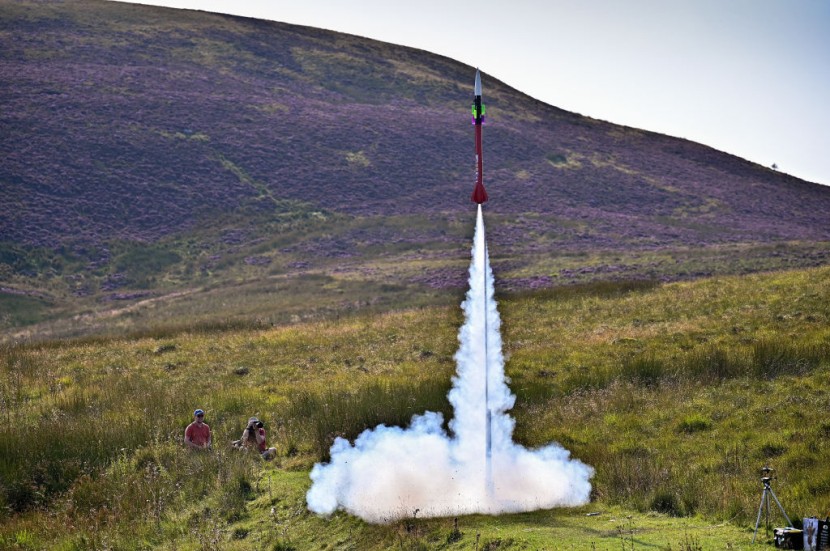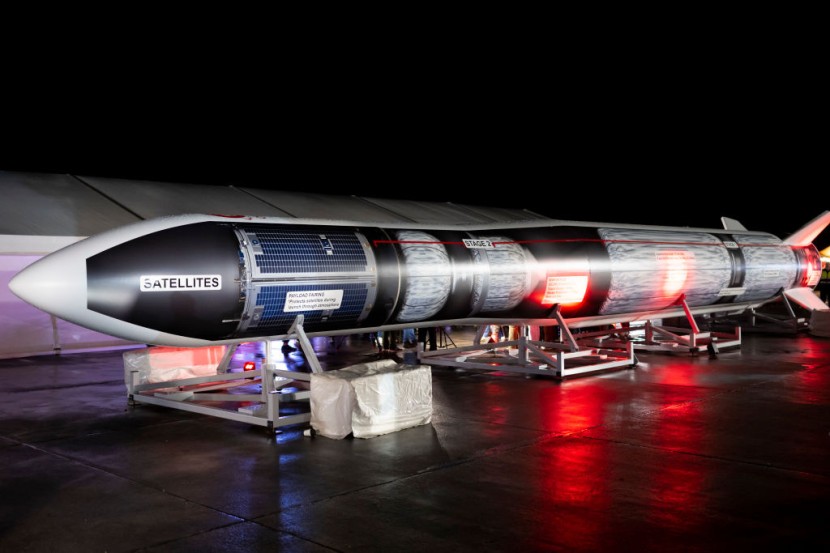A new self-eating spacecraft is being developed by scientists in the U.K. This new rocket is expected to drastically change future space missions.
As of writing, the U.S., the United Kingdom, China, and other countries active in the space industry are still using rockets that can leave tons of debris.
Although their spacecraft are already more advanced compared to rockets in the old days, they can still negatively affect Earth because of the debris they leave after launching into outer space.
Now, here's how the new self-eating space rocket of the United Kingdom works and why it could be a game-changer for the space travel industry.
Self-Eating Spacecraft? UK Scientists Develop Strange Rocket

According to PhysOrg's latest report, scientists in the U.K. are developing a very strange rocket. This new spacecraft is specifically designed and built by University of Glasgow engineers.
They call it the "autophage rocket engine," which came from the word "autophagy," which means "self-eating." U.K. scientists said that the spacecraft engine offers numerous advantages over conventional rockets.
One of the main benefits it offers is to reduce space debris by consuming its own parts. The University of Glasgow explained that once the rocket engine uses up all its fuel, it will use its waste heat from combustion to melt its own plastic fuselage, giving it additional power.
The molten plastic will be fed into the rocket's combustion chamber; burning it alongside the regular liquid propellants. Aside from reducing space debris, the new autophage engine can also bring more payload since it would require less propellant in onboard tanks.
New Self-Eating Spacecraft Being Tested

Space.Com reported that the University of Glasgow researchers already tested the concept autophage rocket engine called "Ouroborous-3," which was after the mythical creature that consumes its own tail.
Based on their test, the rocket engine was able to gradually burn up like a candle until the final section. When it ran out of fuel, the engine suddenly collapsed.
The engine managed to fire for almost two minutes, thanks to its capability to consume its own fuselage. However, the explosion part is a sign that the new space tech still needs more tests and improvements.
"From here, we'll begin to look at how we can scale up autophage propulsion systems to support the additional thrust required to make the design function as a rocket," said Krzysztof Bzdyk, one of the corresponding authors of the new study.
Related Article : U.S. Military's Space Plane Launches on Super Secret Orbital Mission
© 2026 HNGN, All rights reserved. Do not reproduce without permission.








